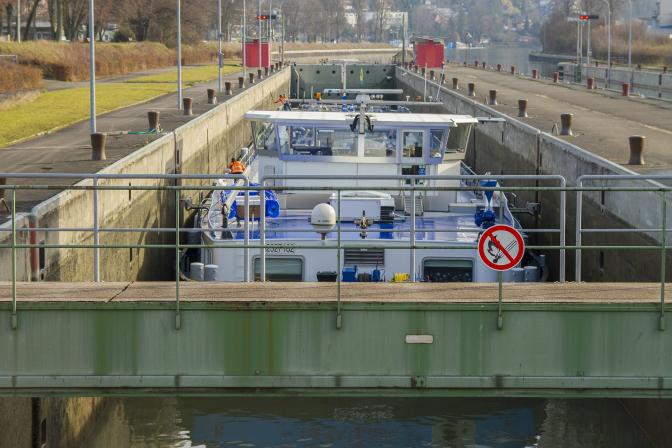At the moment a lot of effort is being put in upgrading the textbook for the basic training of bridge and lock operation. In 2019, NNVO set up a working group in collaboration with several participants and clients to review the training course. The course material was critically revised and edited where necessary. Together with the educational experts, nautical curricular strands trainer Jack Jonker is now in the process of constructing an easily accessible and readable whole.
At the meetings of the working group NNVO received input from i.a. the Directorate-General for Public Works and Water Management (Dutch: Rijkswaterstaat), Swets Nautical Services, Waternet, the provinces and the Integrated Interrelation and Support Network (IVON). Among the issues covered were: content, teaching methods, class scheduling, duration of the training, costs, etc. As a result, the course material was carefully examined in close cooperation with subject matter experts including Mario Querido and Jaco Weststrate. The content was rock solid, it only had to be made a unified whole.
Empathising with the trainee
Nautical curricular strands trainer Jack Jonker has been rewriting the content from September this year. The work was suspended for some time due to coronavirus measures. “When rewriting I directly address the future bridge and lock operator,” says Jack. “Drawing on many years of experience as a bridge and lockkeeper I easily identify with the trainees. They often enter a completely new world with no nautical background, which is something to keep in mind when upgrading this textbook.”
Practical textbook
Educational experts Evi Achten and Françoise Kort are taking a didactic look. In addition, the knowledge of VHP about perceiving, observing and monitoring is integrated in the textbook. All in all, the final result will be a practical textbook, of which the aim is to provide a qualitative contribution to the bridge and lock operator training.
If you have any questions about this new development, please send an e-mail to







